Advanced electromyography testing that pinpoints exactly what’s causing your symptoms so you can move forward with confidence.
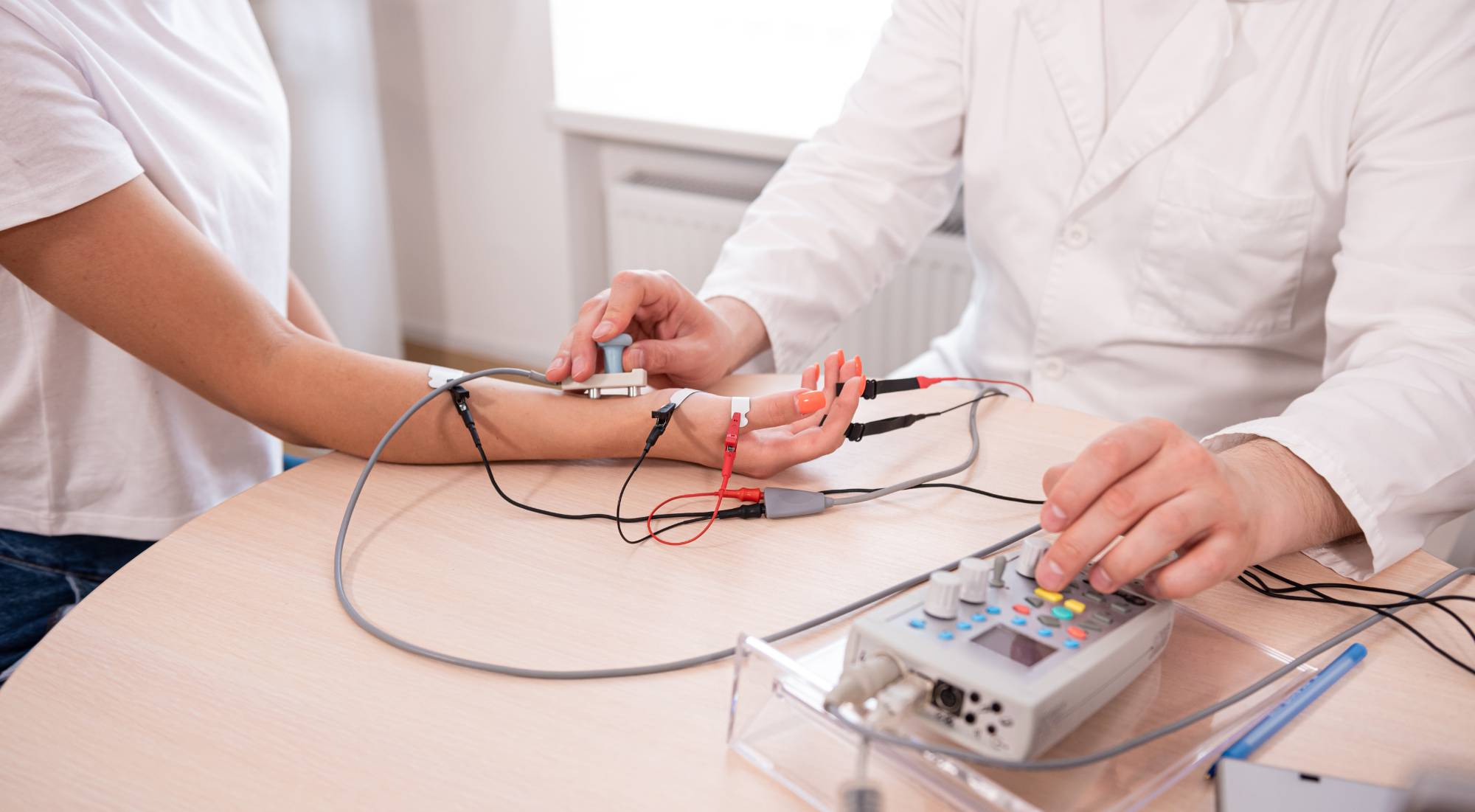
Reviews
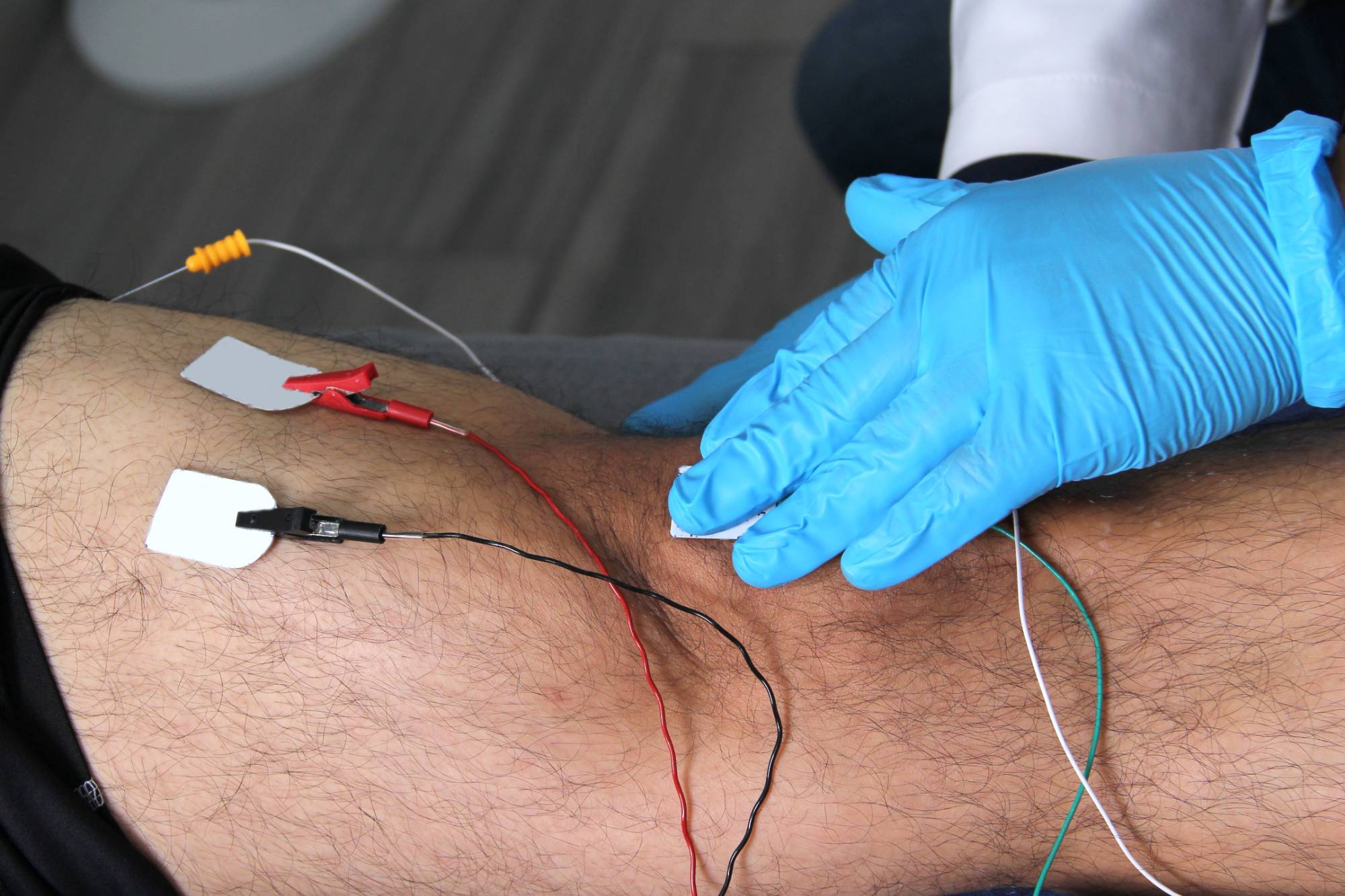
You’ve been dealing with numbness, tingling, or muscle weakness long enough. You need answers, not more guessing games.
EMG testing gives you the precise diagnosis you’ve been looking for. This advanced electromyography testing measures the electrical activity in your muscles and nerves, revealing exactly where the problem lies and how severe it is.
Instead of wondering if your symptoms will get worse or trying treatments that might not work, you’ll know what you’re dealing with. That clarity changes everything – from your treatment options to your peace of mind.
NY Spine Medicine brings specialized neurological expertise to South Florida patients who need accurate answers about their symptoms.
Our team focuses specifically on spine and nerve conditions, which means we see cases like yours regularly. We understand the nuances of nerve conduction studies and electromyography testing that general practitioners might miss.
Located conveniently for Gables by the Sea residents, we’ve built our reputation on thorough diagnostic work and clear communication about what your test results actually mean for your health.
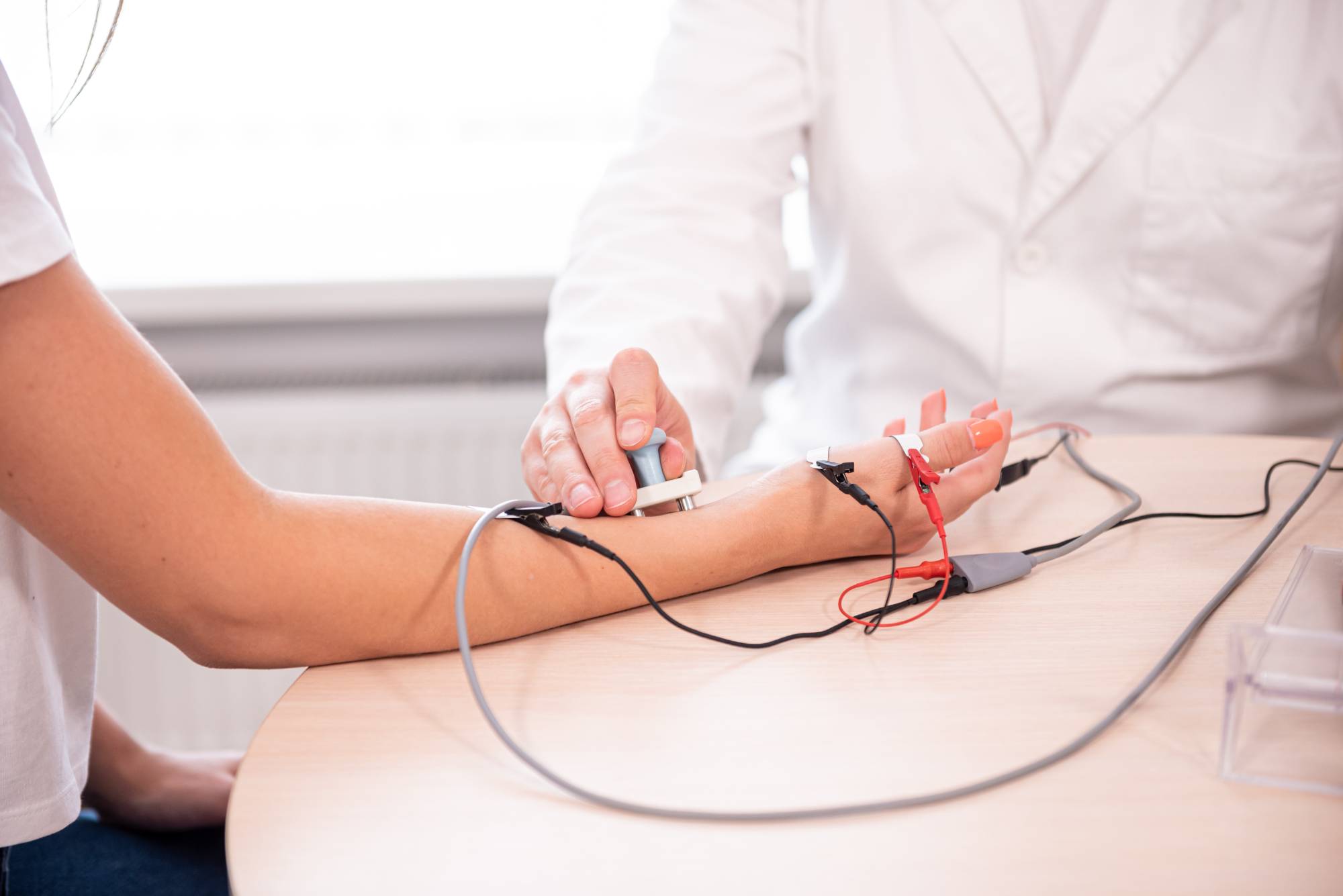
Your EMG testing appointment starts with a consultation about your symptoms and medical history. We explain exactly what we’ll be testing and why.
During the electromyography testing, small electrodes measure electrical activity in your muscles while thin needles record nerve responses. The nerve conduction study portion uses surface electrodes to test how well signals travel through your nerves.
Most patients find the process more comfortable than expected. The entire appointment typically takes 45-60 minutes, and you’ll get your results the same day along with a clear explanation of what they mean for your treatment options.
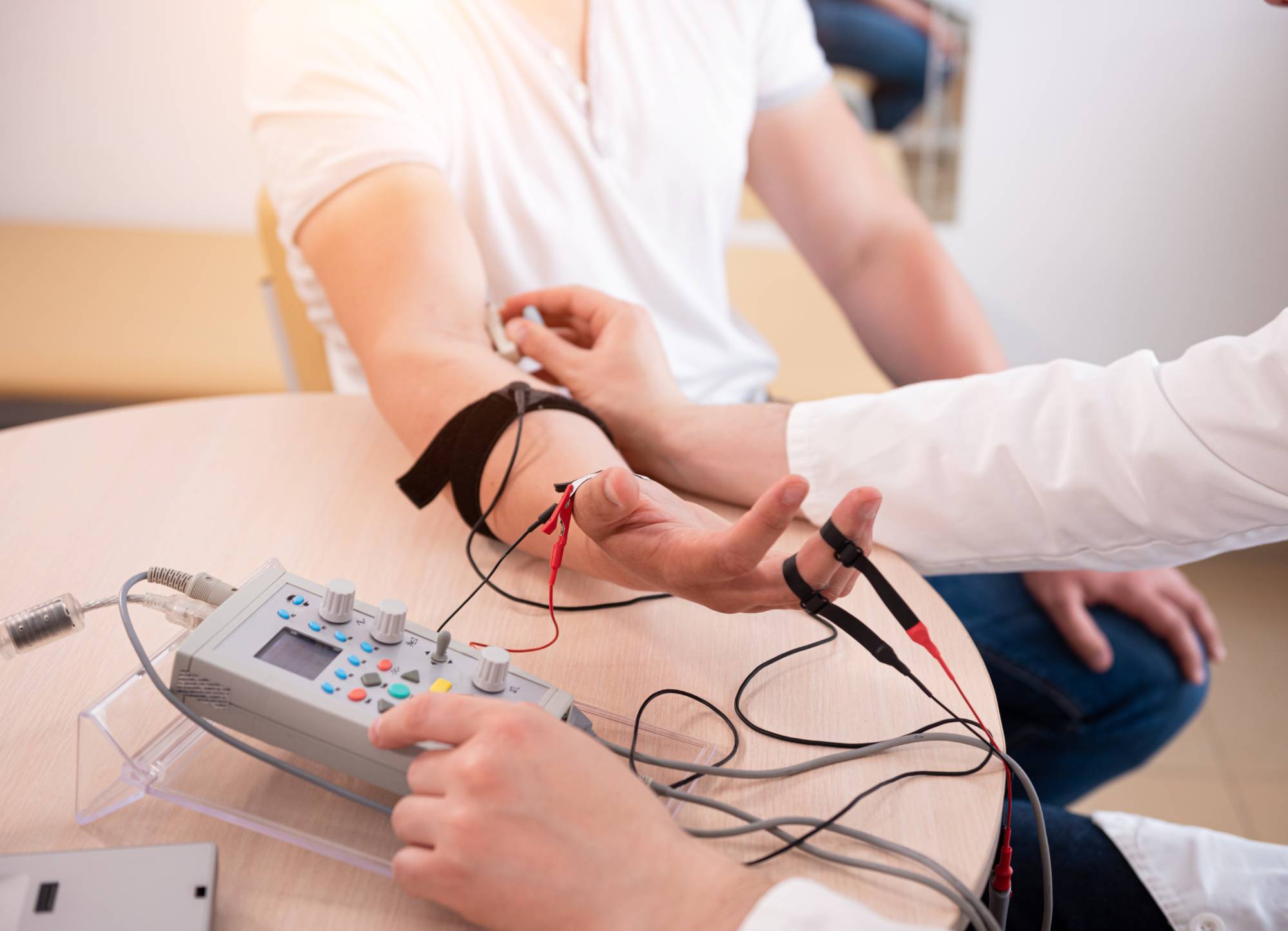
Ready to get started?
Your EMG testing includes both electromyography and nerve conduction studies for a complete picture of your neurological function. This comprehensive approach catches issues that single tests might miss.
The testing can diagnose conditions like carpal tunnel syndrome, pinched nerves, herniated discs affecting nerve function, peripheral neuropathy, and various muscle disorders. You’ll also receive detailed documentation that your other doctors can use for treatment planning.
For Gables by the Sea patients, this means getting thorough answers without multiple appointments at different locations. Everything you need for an accurate diagnosis happens in one visit with specialists who understand exactly what we’re looking for.
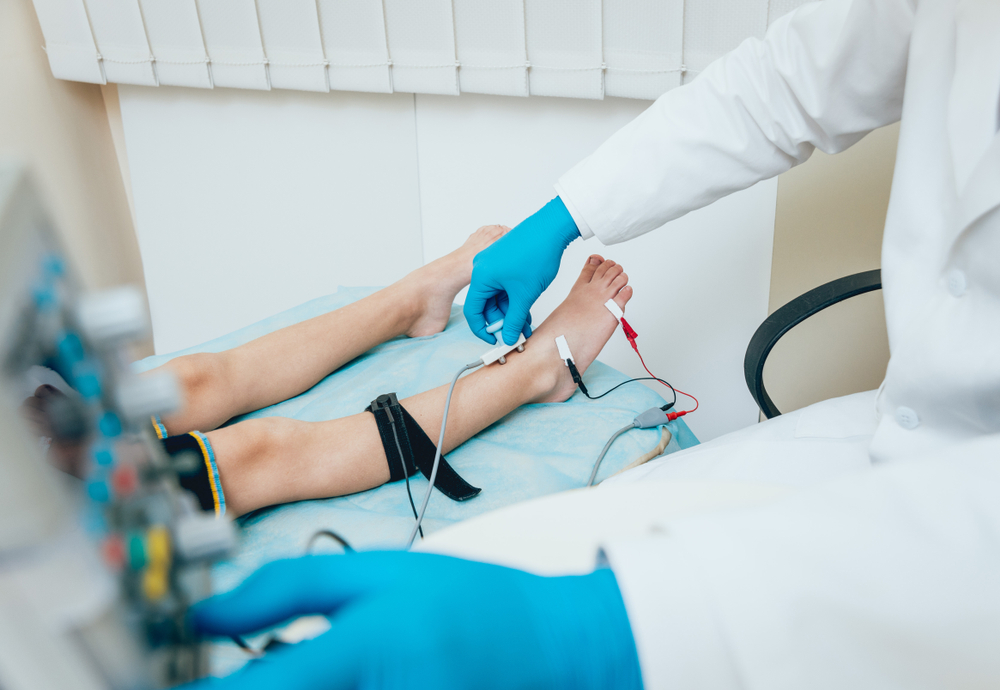
New York:
Florida:
Support